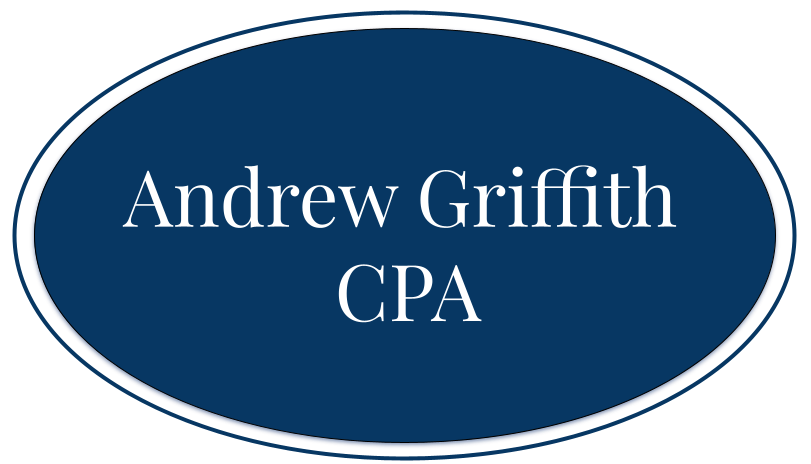For Education Professionals
Page last updated January 15, 2023
Educator Employee Tax Return Preparation
Annual Federal and State Personal Income Tax Return Preparation^
Income Tax Consulting
Review of Prior Three Years of Filed Personal Income Tax Returns
Secure Online Portal Access for correspondence and document delivery
Mobile App for Portal Access
Rate varies; $300 is the typical price paid by education employees
^Additional charges apply when more than one state return preparation is required is required or situations such as rental income, K-1s, and household employees are involved.
Why should education employees use Andrew Griffith CPA for their income tax return and consulting needs?
Andrew Griffith, DBA, EA, CPA (NY), CMA, CIA, CFE, CRMA has experience providing income tax and consulting services to clients who work within the education industry. He has prepared income tax returns for students (he won't accept his current students as clients; he requires them to do their own tax returns), teachers, professors, and retired educators. He has also served as a consultant for educational organizations. His own teaching experience includes a year teaching in an engineering program at a public technical institution and more than 15 years teaching graduate and undergraduate accounting courses online and in-person at public, publicly-traded for-profit, and private non-profit higher education institutions.
In 2020, he published research providing insight into the workload of higher education faculty and how the teaching and service obligations can interfere with research productivity levels (1). In 2019, he published a finance research paper on the publicly-traded for-profit education industry and its stock price behavior during a recession (2). In 2018, he published a conceptual paper illustrating how alumni could help libraries at higher education institutions (3). His 2017 publication is an accounting paper exploring earnings announcements in the publicly-traded for-profit education industry during a recession (4). During 2012 and 2011, he published two research papers that examine annualized earnings growth rates during a 40-year and 30-year career period respectively by members of the U.S. workforce (5 and 6).
(1) Griffith, A.S. & Altinay, Z. (2020). A Framework to Assess Higher Education Faculty Workload in U.S. Universities. Innovations in Education and Teaching International, 57(6), 691-700. doi: 10.1080/14703297.2020.1786432
(2) Griffith, A.S. (2019). A U.S. For-Profit Education Industry Stock Index’s Performance During a Recession. Southwestern Economic Review, 46(1), 109-126. Available for free at http://swer.wtamu.edu/swervolumefilter/38/view/Vol%2046/2019
(3) Griffith, A.S. & Kealty, C. (2018). Are Academic Libraries Utilized to Produce Engaged Alumni? Library Management, 39(3/4), 200-206. doi: 10.1108/LM-09-2017-0096
(4) Griffith, A.S. (2017). Human Capital Theory and the U.S. For-Profit Education Industry’s Earnings Announcements During the High Unemployment Years of 2008-2010. International Review of Accounting, Banking and Finance, 9(2/3/4), 65-84. Available at http://irabf.org/journals/contents/journal-list-issues.jsp?item=2017,9,2/3/4,Summer/Fall/Winter
(5) Griffith, A.S. (2012). Educational Attainment and Earnings Growth Forecasts. Mustang Journal of Accounting and Finance, 2(1), 90-97. Available for free at http://www.mustangjournals.com/MJAF/v2_MJAF_2012.pdf#page=90
(6) Griffith, A.S. (2011). Educational Attainment: A Model for Maximizing Earnings of the Nontraditional Student. The Journal of Continuing Higher Education, 59(2), 85-91. doi: 10.1080/07377363.2011.568824
